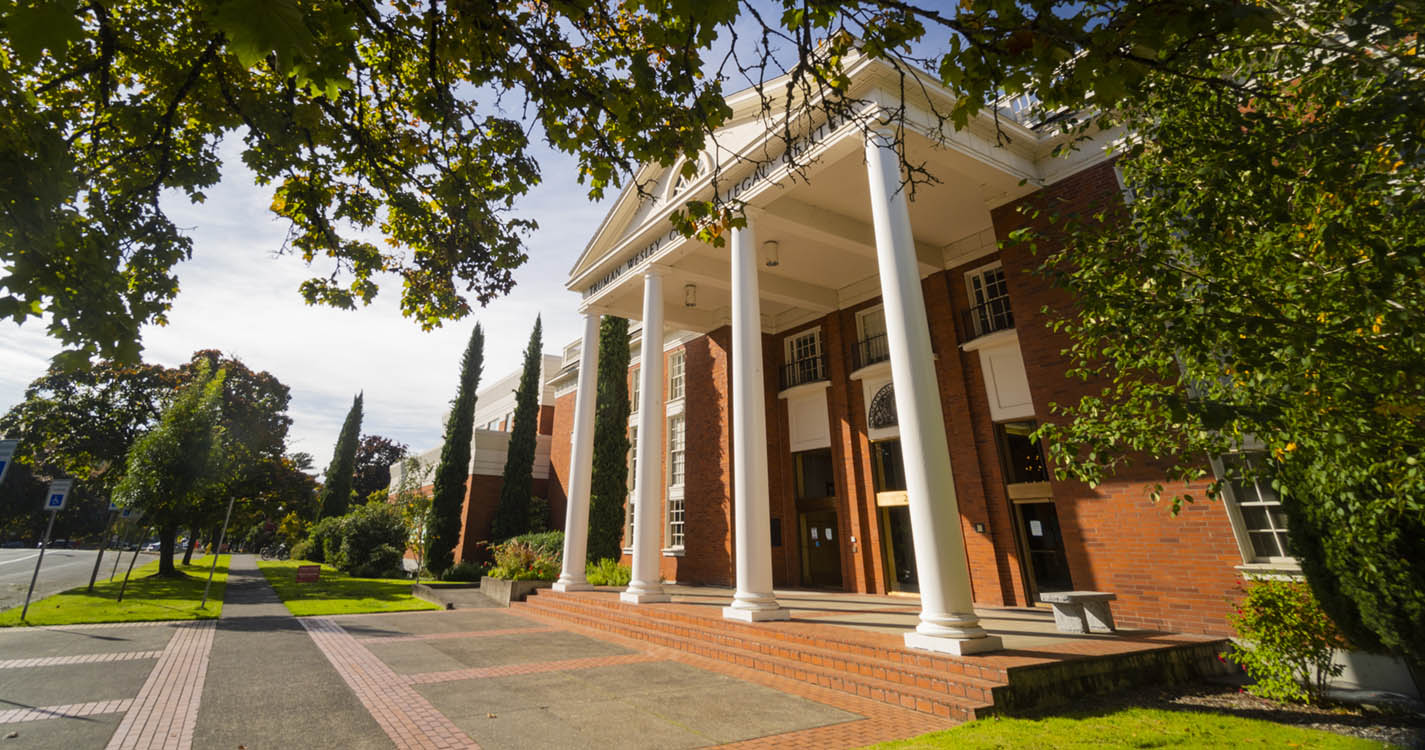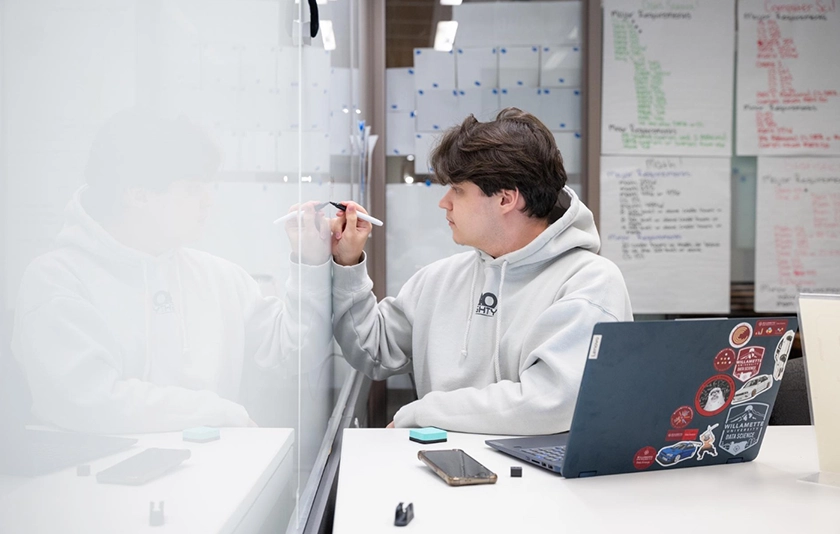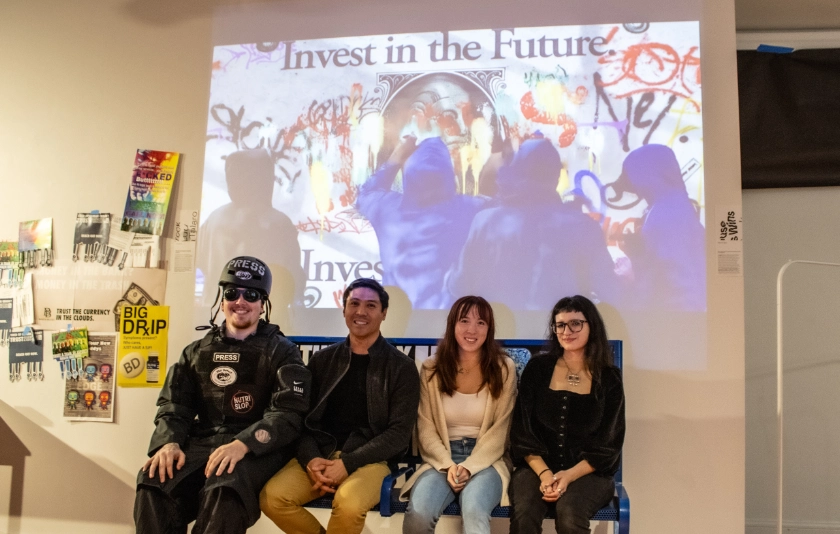Beginning in 2022, through a national matching program facilitated by the John Paul Stevens Foundation, Willamette Law students have had access to a national network of Stevens public interest law fellowships. The Foundation represents the former U.S. Supreme Court Justice John Paul Stevens’ personal conviction that an effective justice system requires committed lawyers doing public interest work.
“We are very fortunate,” says Willamette Law interim dean Jeff Dobbins, himself a former Stevens clerk, “to receive a grant from the Foundation that helps us to sponsor a select group of Stevens Fellows each summer.”
This year, four students were selected for these fellowships. The students not only gained skills and experiences that will inform their own careers, but they also encourage other students to consider the importance of public interest work while joining a larger community of law students committed to public interest law.
Brian Eno
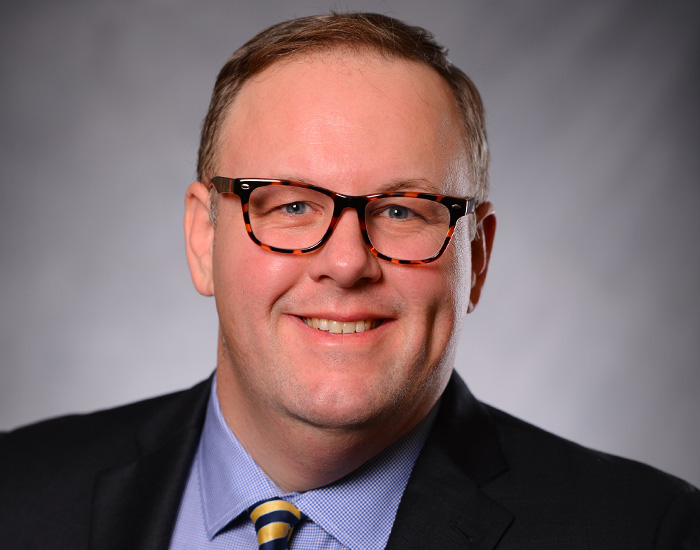 Brian Eno spent his summer working in the Portland office of Legal Aid Services of Oregon (LASO), an organization dedicated to providing free civil legal assistance to low-income Oregonians. Under the guidance of experienced attorneys, Eno focused on critical issues such as public benefits, housing, employment law, and consumer protection.
Brian Eno spent his summer working in the Portland office of Legal Aid Services of Oregon (LASO), an organization dedicated to providing free civil legal assistance to low-income Oregonians. Under the guidance of experienced attorneys, Eno focused on critical issues such as public benefits, housing, employment law, and consumer protection.
Eno worked closely with clients, gathering vital information, conducting legal research, and drafting advice letters to help them navigate complex legal challenges. As a certified law clerk, he took on an enhanced role, representing a client in court proceedings under the supervision of LASO attorneys — an opportunity to develop his litigation skills. His goal for this clerkship was to deepen his understanding of consumer protection law while gaining practical experience in document drafting, legal research, and courtroom advocacy. Although Eno honed his legal writing and strengthened his grasp of civil procedure, it was the mentorship from LASO’s attorneys that made the biggest impact on him.
This experience has been instrumental in preparing Eno for a successful legal career. He credits the support of the Willamette Law community for making public interest fellowships possible, noting how they create vital opportunities for law students to engage with real-world legal issues that extend beyond the scope of the classroom. “Public interest fellowships are crucial for law students,” Eno says. “The diversity of legal issues is immense — far broader than what law school can cover. These fellowships not only bridge the gap in our practical experience but also help close the gap in access to justice for vulnerable communities.”
Francisco Luzania
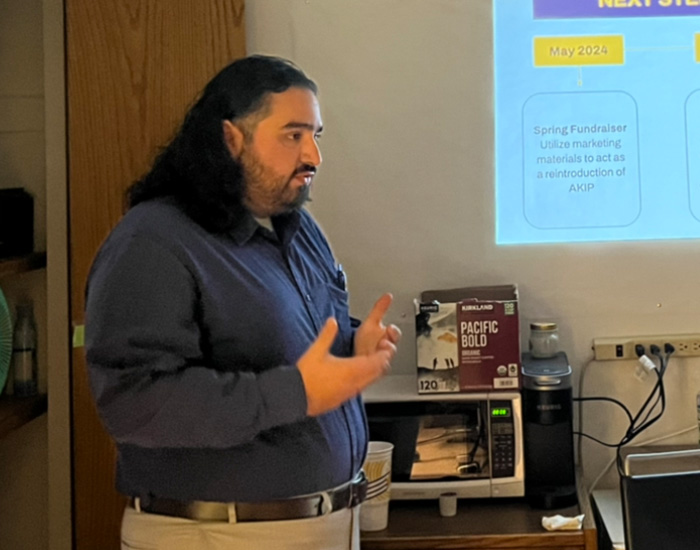 This summer, Francisco Luzania journeyed to Alaska to work with the Alaska Innocence Project (AKIP), the state’s only legal nonprofit dedicated to exonerating wrongfully convicted individuals and providing critical post-conviction relief. As a JD/MBA student, Luzania’s role blended the worlds of law and business—working not only on traditional legal tasks like writing briefs, conducting research, and investigating cases, but also collaborating with AKIP’s Executive Director and Board of Directors on strategic planning and organizational sustainability. His management analysis was crucial in shaping AKIP’s future, ensuring the nonprofit's ability to continue its vital work long-term.
This summer, Francisco Luzania journeyed to Alaska to work with the Alaska Innocence Project (AKIP), the state’s only legal nonprofit dedicated to exonerating wrongfully convicted individuals and providing critical post-conviction relief. As a JD/MBA student, Luzania’s role blended the worlds of law and business—working not only on traditional legal tasks like writing briefs, conducting research, and investigating cases, but also collaborating with AKIP’s Executive Director and Board of Directors on strategic planning and organizational sustainability. His management analysis was crucial in shaping AKIP’s future, ensuring the nonprofit's ability to continue its vital work long-term.
Luzania knew from the start that petitions for post-conviction relief are rarely successful — yet the work of AKIP is a lifeline for the innocent seeking justice. He witnessed firsthand the slow-moving process of overturning wrongful convictions, a journey that often spans years, with progress sometimes appearing agonizingly slow. Balancing the urgency of these cases with the operational needs of the organization, Luzania took on the challenge of not only contributing to the legal side but also finding ways to secure AKIP’s financial and organizational stability. His experience illustrated the dual nature of his skill set, where legal skills and business insight intertwined to create meaningful impact.
Throughout the summer, Luzania learned more about the investigation and research involved in a case, particularly one where the case has already been litigated. He also gained valuable experience in being part of the organizational change and improvement of a law firm, giving him the tools to be a better manager of a firm, its cases, and client relations. After completing his internship with the Al, Luzania was offered a spot on the AKIP Board of Directors. He was elected unanimously and works remotely managing long term projects and coordinates the internship program, while also traveling back to Anchorage for casework and fundraising efforts.
Reflecting on his unique summer experience, Luzania expressed his gratitude for the Stevens Fellowship, saying, “I would not have been able to travel to Alaska and engage in this meaningful work without the financial support of the fellowship. It allowed me, and other fellowship recipients, to pursue our passions for justice without the weight of financial stress.”
Jennifer Salazar
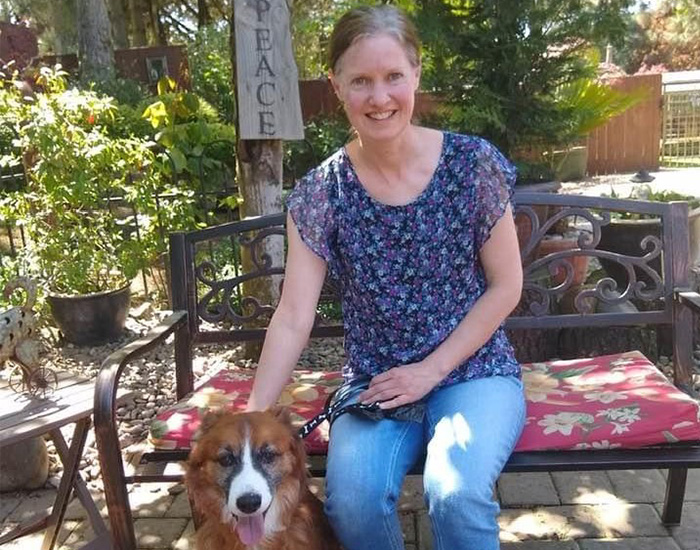 Jennifer Salazar spent her summer gaining hands-on experience in the Albany office of Legal Aid Services of Oregon (LASO), where the focus is on providing crucial legal aid in marriage dissolution cases involving domestic violence and defending tenants facing eviction. Salazar immersed herself in family law, observing consultations, drafting dissolution petitions and motions, writing client letters, and conducting in-depth legal research. A highlight of her experience was conducting a family law intake, under the supervision of an attorney, which gave her a deeper understanding of how to connect with clients in vulnerable situations.
Jennifer Salazar spent her summer gaining hands-on experience in the Albany office of Legal Aid Services of Oregon (LASO), where the focus is on providing crucial legal aid in marriage dissolution cases involving domestic violence and defending tenants facing eviction. Salazar immersed herself in family law, observing consultations, drafting dissolution petitions and motions, writing client letters, and conducting in-depth legal research. A highlight of her experience was conducting a family law intake, under the supervision of an attorney, which gave her a deeper understanding of how to connect with clients in vulnerable situations.
Coming into law school with minimal exposure to the legal field, Salazar was eager to witness public interest law in action. Her time at LASO provided that opportunity, giving her access to attorneys whose strategic thinking and case analysis inspired her to ask thoughtful questions and engage more deeply with the work. Observing LASO attorneys navigate emotionally charged situations taught her valuable client interviewing skills, particularly how to approach clients in distress and help them find clarity in the face of complex legal challenges.
This clerkship reaffirmed Salazar’s commitment to using her legal education in aid of individuals and communities facing barriers in accessing the civil legal system. Her ultimate goal is to work within the government informing public policy. “Fellowships give students the opportunity to say ‘yes’ to unpaid public interest work,” Salazar says. “It’s incredibly meaningful to be of service to vulnerable individuals and communities, helping them solve legal problems that stand in the way of their well-being.”
Claire Ziller
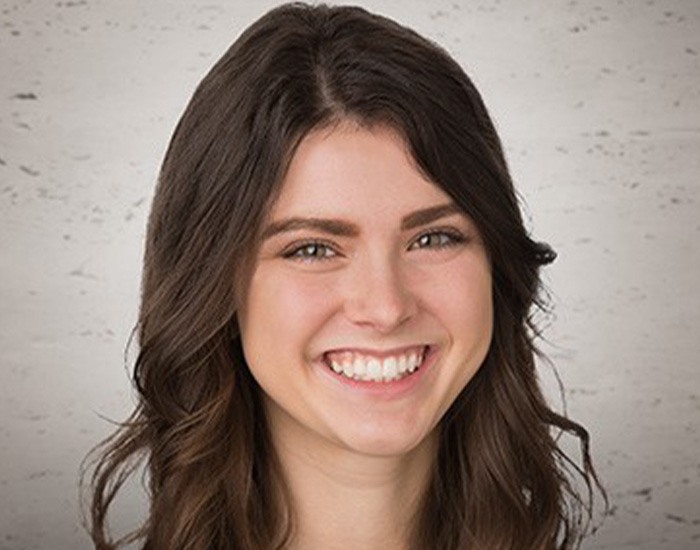 Claire Ziller spent her summer working with the Northwest Immigrant Rights Project (NWIRP), a nonprofit dedicated to providing direct legal services, systemic advocacy, and community education to support immigrants. NWIRP plays a critical role in helping individuals secure immigration relief in the US, often guiding them through a complicated and overwhelming system. In her role with the Tacoma Survivor’s Unit, Ziller worked with individuals who are survivors of crime - either in the US, their country of origin, or both. Her work spanned a wide range of issues, including: asylum, Special Immigrant Juveniles, immigration relief for victims of trafficking and crimes in the US, and removal defense before Immigration Court.
Claire Ziller spent her summer working with the Northwest Immigrant Rights Project (NWIRP), a nonprofit dedicated to providing direct legal services, systemic advocacy, and community education to support immigrants. NWIRP plays a critical role in helping individuals secure immigration relief in the US, often guiding them through a complicated and overwhelming system. In her role with the Tacoma Survivor’s Unit, Ziller worked with individuals who are survivors of crime - either in the US, their country of origin, or both. Her work spanned a wide range of issues, including: asylum, Special Immigrant Juveniles, immigration relief for victims of trafficking and crimes in the US, and removal defense before Immigration Court.
With a deep interest in immigration law, Ziller approached this experience as a way to explore the work up close and gain valuable experience. She immersed herself in the work, gaining hands-on experience that strengthened her skills and deepened her resolve to pursue this path after graduation. “The more I delve into the complexities of the immigration system, the more prepared I’ll be to help my future clients, no matter what challenges they face,” she reflected.
Ziller knows that public interest work has the potential to feel daunting for students that are not able to find paid work during their summers. She recognizes that many students who aspire to work in this area are at a disadvantage compared to those interning at private firms that can afford to pay their interns. “Fellowships like the Stevens Fellowship level the playing field,” she explains. “They allow students to gain experience in public interest law without the financial burden of taking an unpaid position, which can inspire more of us to consider this work as a long-term career.”
